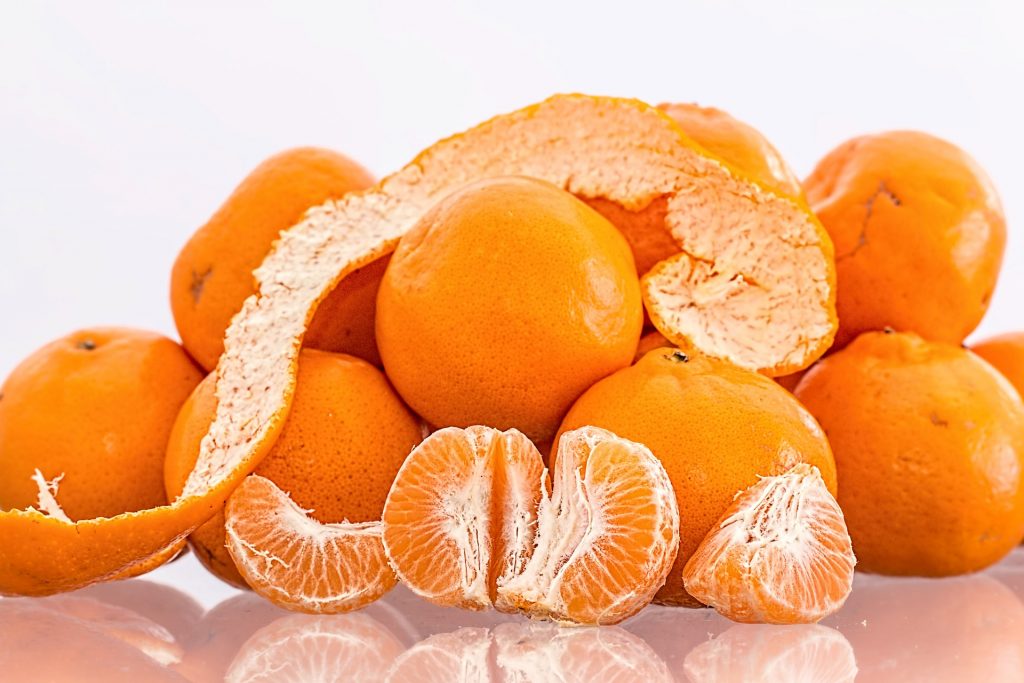 Cataracts are an opacity of the eye caused by free radical damage to the lens. It has been suggested that vitamins and dietary antioxidants may hold some protective effects in this regard. Perhaps the most beneficial compounds in this regard are the xanthophylls lutein and zeaxanthin. These phytochemicals are found in green leafy vegetables and accumulate in the eye. Here they inhibit the absorption of blue light and protect the delicate photoreceptors in the eye. A number of studies have reported an inverse association between xanthophyll intake and cataracts. Clinical trials also show that supplementation with lutein at 15 mg three times per week for 2 years can have a beneficial effect at improving visual acuity in subjects. Taken as a whole lutein appears to be the nutrient with the most evidence to support its role in the prevention of opacities of the eye, and this is perhaps not surprising given that both lutein and zeaxanthin accumulate in the eye and give the macula its slight yellow colour.
Cataracts are an opacity of the eye caused by free radical damage to the lens. It has been suggested that vitamins and dietary antioxidants may hold some protective effects in this regard. Perhaps the most beneficial compounds in this regard are the xanthophylls lutein and zeaxanthin. These phytochemicals are found in green leafy vegetables and accumulate in the eye. Here they inhibit the absorption of blue light and protect the delicate photoreceptors in the eye. A number of studies have reported an inverse association between xanthophyll intake and cataracts. Clinical trials also show that supplementation with lutein at 15 mg three times per week for 2 years can have a beneficial effect at improving visual acuity in subjects. Taken as a whole lutein appears to be the nutrient with the most evidence to support its role in the prevention of opacities of the eye, and this is perhaps not surprising given that both lutein and zeaxanthin accumulate in the eye and give the macula its slight yellow colour.
Lutein may be effective at protecting the eye from the damage caused by free radicals. This damage occurs when the sulfhydryl groups on proteins become oxidised under the presence of ultraviolet light and oxygen. Sulfhydryl groups react with other sulfhydryl group on other proteins and this cross linking of the proteins causes light to become scattered decreasing visual acuity. That lutein is effective at preventing this process may suggest that other antioxidants could also be beneficial. Of the other dietary antioxidants, perhaps vitamin C has shown the most promise. A number of studies have reported inverse associations between vitamin C intakes and the development of cataracts. For example, vitamin C intakes above 362 mg per day for 10 years or more in women below the age of 60 has been shown to be associated with a 57 % reduction in the incidence of nuclear cataracts. However, there is a lack of clinical trials data showing effects of vitamin C against cataracts and so the evidence is not as strong as with lutein.

Vitamin C appears to have some beneficial effects at preventing the development of cataracts. However, of the nutrients in food, lutein, the xanthophyll present in green leafy vegetables and egg yolks, may be the most beneficial in this regard. General recommendations to prevent cataracts development are the consumption of a high quality diet, containing plant foods rich in antioxidants. Spinach, kale, lettuce, peas and egg yolks, because of their lutein content, may be the most beneficial in this regard.
Other antioxidant nutrients have also been investigated for their beneficial effects against cataract formation. Some animal studies have linked vitamin E deficiencies to cataract formation and some have linked vitamin C deficiency to cataract formation. Hazelnut supplementation have also been investigated for their effects on cataract formation, and in this regard reduced the development in experimental rats. As nuts are a good source of antioxidants including vitamin E and other phytochemicals, this may have been the reason for the protective effect. In rats, curcumin has also been shown to protect rats from cataract formation in experimental rats Multivitamins may also have beneficial effects at preventing cataracts. For example in one study, a daily multivitamin given to humans for 6 years was associated with a 36 % reduction in the formation of cataracts. The multivitamin contained 26 vitamins and minerals, including 180 mg ascorbic acid and 60 IU of vitamin E, but no lutein suggesting other nutrients may be beneficial.
Eat Well, Stay Healthy, Protect Yourself
RdB
